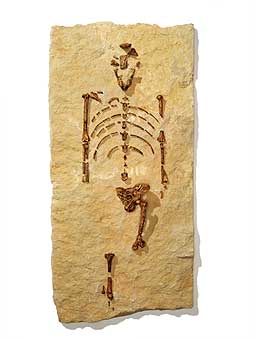
So I'm reading the book "Passing On the Faith," by Merton P. Strommen and Richard A. Hardel in preparation for a class I'm going to teach at
Concordia University- Wisconsin (pretty good read, by the way... if you're at all involved in family ministry or in ensuring that the children of your congregation are raised in the faith). I'm not very far into it yet, but the first chapter talks a lot about how strong, life-changing families need to build and maintain two key relationship- a strong family relationship and a strong relationship with God. The argument is that these relationships are two sides of the same coin and that the church needs to help families to encourage and support this sort of faith formation in the home. The chapter then goes on to try and define what family is (you have to decide on what family "is" before you can try and address how to help it!). It was in this context, then, that I came across this throwaway paragraph that speaks strongly to the notion of adoptive familes as normative for the definition of a Christian family:
As the first and most basic community, the family acts as a model for other, larger faith-learning communities. Diana Garland, director of the Family Ministry Project located at Louisville Presbyterian Theological Seminary, in Kentucky, defines family. According to her, the model of family that Jesus endorses is the adoptive family. The last act of Jesus' earthly ministry recorded in the Gospel of John enacts that adoptive model. Jesus turns to his mother and says, "Woman, behold your son." Then turning to the beloved disciple he says, "Behold your mother." The Church follows Christ by ensuring that no one in the family of faith is familyless- everyone is adopted into the family." (revised edition, 2008, p.23).
Not only do I agree wholeheartedly with this quote from Diana Garland, but I think it strikes right to the heart of what Maggie and I wish to do. Although I believe Garland's intention was to state that the congregation itself functions as a family of believers, thereby ensuring that no one in the congregation be "familyless," still I think it speaks to our domestic families as well. After all, it seems pretty clear that God is calling Christians to reach out in Christ-like love to many types of needy people- orphans being (if not foremost) at least prominent in that group.
God is speaking to His people through His Word, calling us to love one another as Christ has loved us (1 John 4:19), the question for us is: are we listening?





